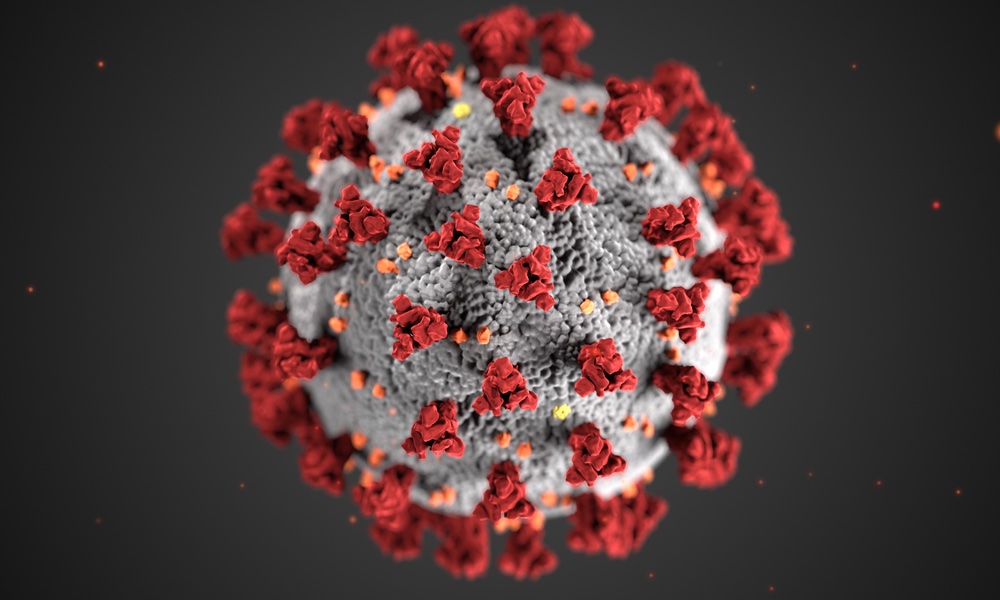During the height of the SARS-CoV-2 pandemic, people were grasping at straws for ways to avoid becoming infected by the dangerous virus. Taking vitamin D supplements was one of the compounds that people hoped would offer protection, but two large studies, published in The BMJ, the British Medical Journal, have found that taking vitamin D supplements does not offer protection against the virus or against respiratory tract infections.
Vitamin D is well known for its role in promoting bone health, but its function in the body’s immune response is less clear. It appears to regulate the activity of immune cells by binding to receptors on the cells and promoting the production of proteins that have antiviral properties. That’s what led some to think vitamin D might be helpful in protecting people against the SARS-CoV-2 virus, especially early on when there were no vaccines available.
Over 6,000 adults in the United Kingdom took part in the first study. Half of the participants had the vitamin D levels in their blood tested, and those who had low levels were given either 3,200 international units (IU) or 800 IU each day for six months. The other half of the participants did not have their blood tested and took no supplements. Over a six-month follow-up period, neither dose of vitamin D showed any effect on the number of respiratory tract infections or COVID-19 cases.Results from these new studies confirm what previous studies have found: vitamin D supplements do not lessen the risk of acquiring COVID-19 or any other acute respiratory infections.
The fact that a highly effective COVID-19 vaccine became available during both of the studies must be taken into consideration when interpreting the findings from these studies. However, the strengths of both studies included high rates of compliance among participants plus the use of RT-PCR swab tests to confirm COVID infections.
Results from these new studies agree with previous studies: vitamin D supplements do not lessen the risk of acquiring COVID-19 or any other acute respiratory infections.
In an accompanying editorial, vaccination was cited as the most effective way to prevent COVID-19, and supplements of vitamin D or cod liver oil were discouraged for healthy people who have adequate vitamin D levels.
Most of us probably get adequate amounts of vitamin D in our diets and by being outdoors during daylight. Healthcare practitioners should focus on groups at risk for vitamin D deficiency, such as elderly people with chronic diseases, pregnant women, people with dark skin or those who are rarely exposed to sunlight. These groups could be tested for deficiency and given supplements if needed.





